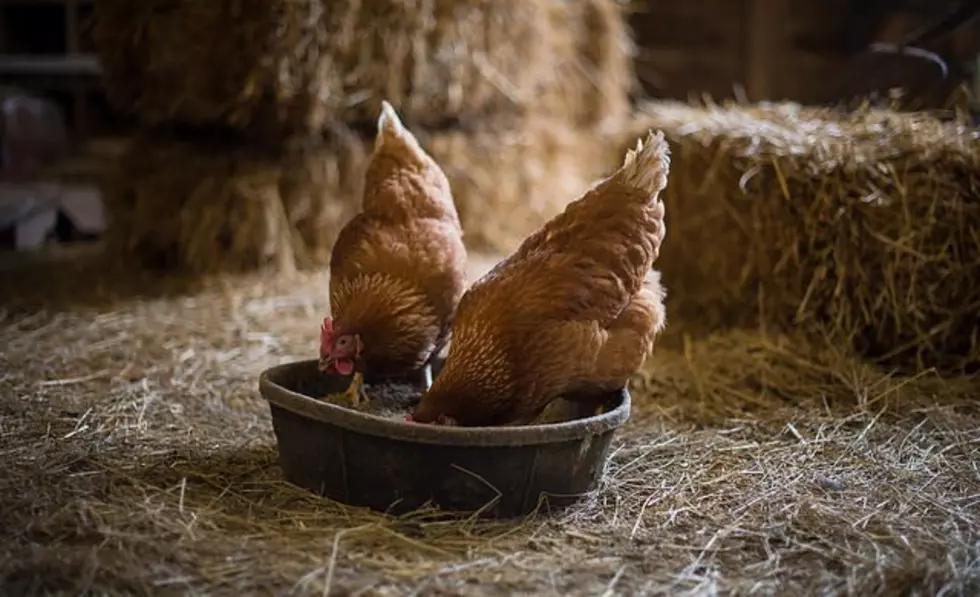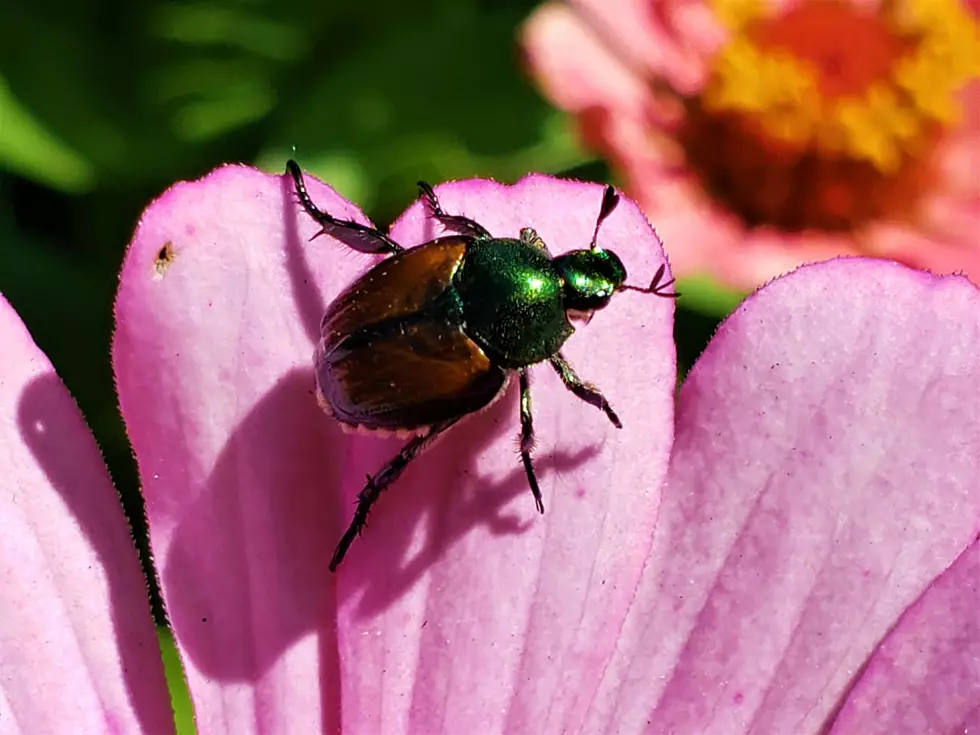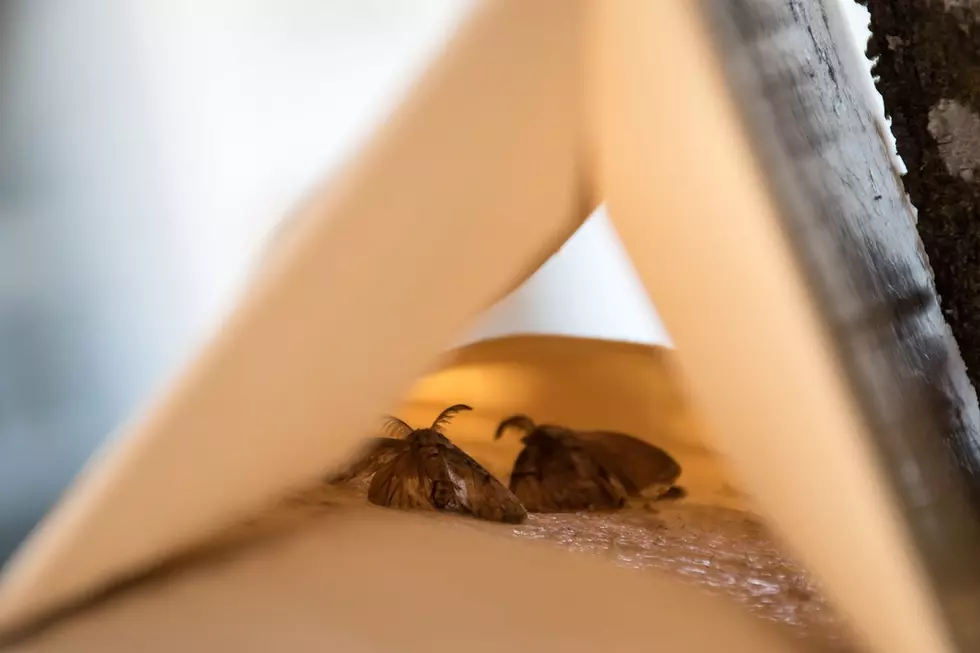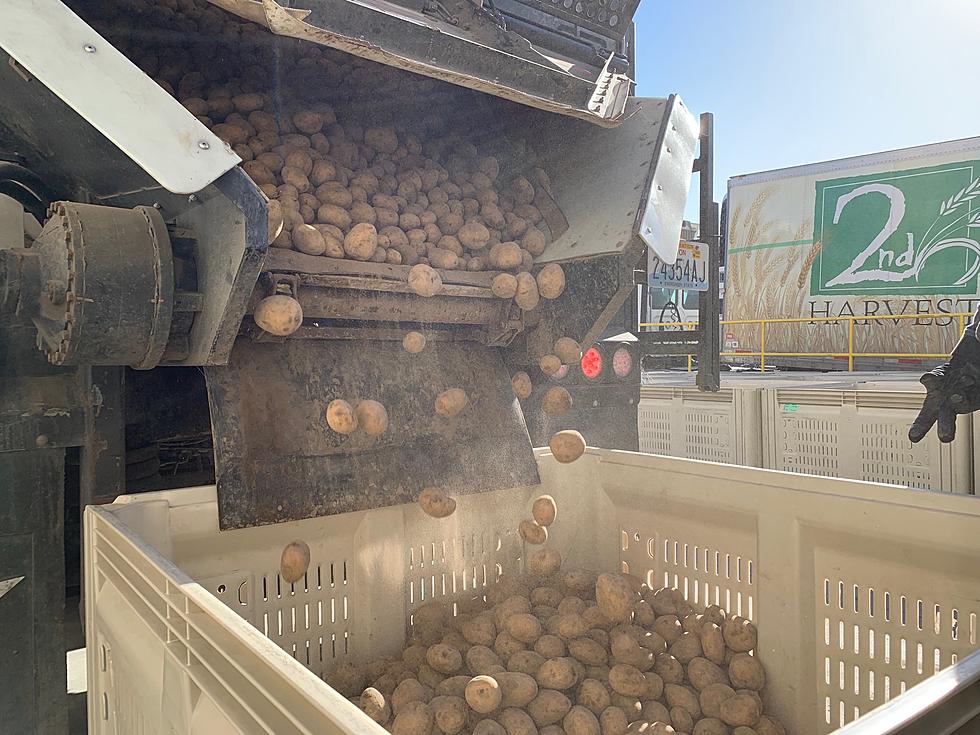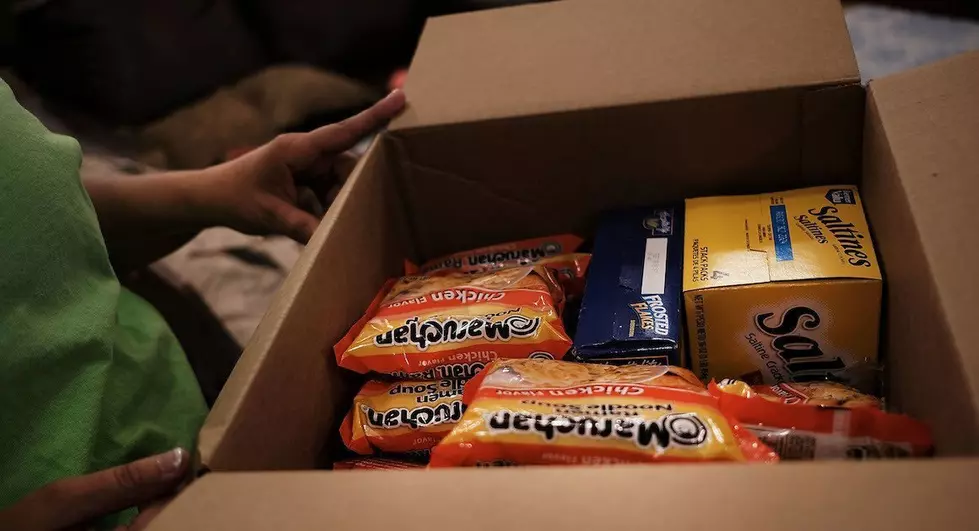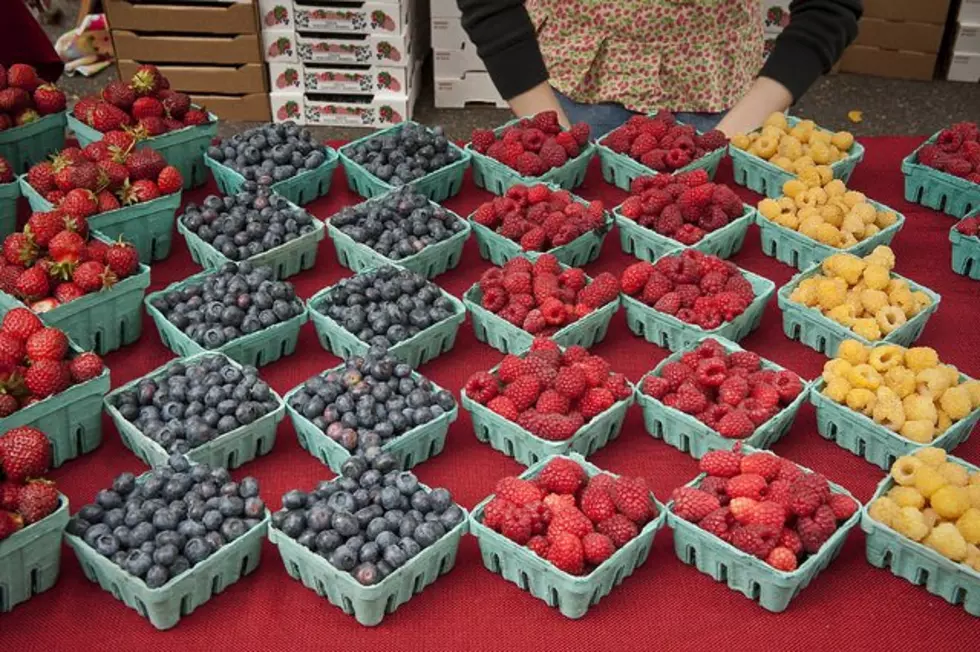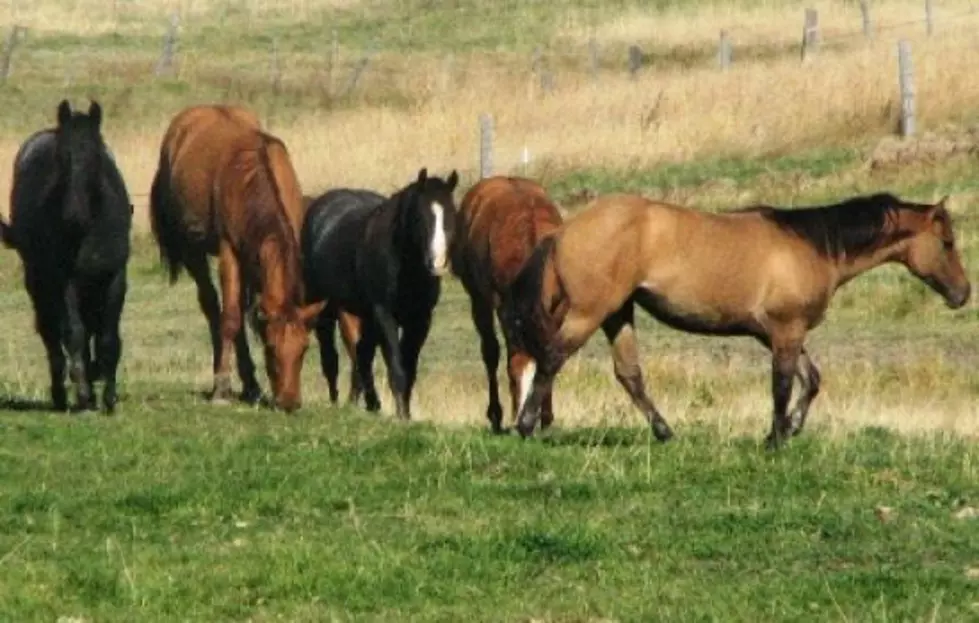
RHD Confirmed In Western Washington
The Washington state veterinarian, Dr. Amber Itle, has confirmed Rabbit Hemorrhagic Disease in two rabbits in one house in Thurston County. This is the state's second confirmed detection of RHDV2 this year following a King County case in May. With two detections in two separate counties in Oregon recently, Itle said now is the time to increase biosecurity efforts.
“Stopping this disease from spreading starts with rabbit owners employing biosecurity measures such as eliminating contact with wild rabbits, isolating new rabbits from existing ones for 21 days, paying attention to where feed is sourced from, and keeping your rabbits housed off the ground or indoors,” Itle noted.
Although there are no specific restrictions for fairs, Itle encourages all exhibitors to get their show rabbits vaccinated to reduce the risk of contracting and dying from this extremely contagious and fatal disease.
“Please talk to your veterinarian about getting the vaccine for your rabbits," she said.
Late last year the state veterinarian’s office authorized the emergency use of a domestic vaccine for RHDV2, which is now available to all Washington veterinarians. In addition to practicing good biosecurity, Itle is calling all rabbit owners to contact their veterinarians to vaccinate their rabbits as soon as possible. Due to the extremely contagious and fatal nature of this virus, vaccination is critical for disease control to protect our domestic and native wild rabbit populations alike.
Itle noted veterinarians can order the vaccine directly from Medgene labs at (605) 697-2600.
In 2019, RHDV2 killed hundreds of domestic and feral domestic rabbits in Island and Clallam counties. The strain killed domestic rabbits only; native wild rabbits and hares were not vulnerable to it. Since the spring of 2020, 15 states have reported detections of a new southwest strain of RHDV2. This strain is fatal to both domestic and native wild rabbits, prompting animal experts at USDA to designate RHDV2 as “stable-endemic” - meaning it persists in wild rabbit populations, making it nearly impossible to eradicate.
For more information on RHDV2, biosecurity, and prevention, please visit WSDA’s Website.
If you have a story idea for the PNW Ag Network, call (509) 547-1618, or e-mail glenn.vaagen@townsquaremedia.com
More From PNW Ag Network

